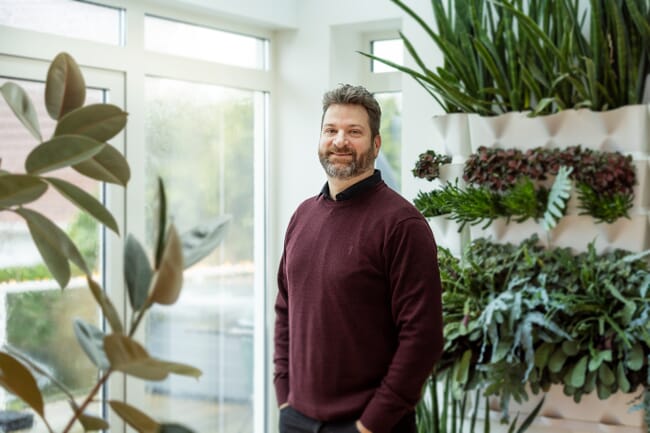
The aquaculture nutrition specialist is moving from IMR to Nofima in March
Lock is currently head of research for food and nutrition at the Institute of Marine Research, and holds the position of adjunct professor at the University of Bergen. He will take up his new position at Nofima in March.
"Nofima has really achieved a lot in recent years and I am looking forward to being part of the team. I find their all-round approach to working with food and having highly skilled people all the way down the line very attractive. My background is within nutrition research and policy advice, and I look forward to work closer with industry actors to shape the transition to a more sustainable food chain. I believe my background fits in well with what Nofima stands for in terms of food from farm to fork," said Lock in a press release.
Lock has an MSc in aquaculture and fisheries from Wageningen University, and a PhD in fish physiology from Radboud University Nijmegen. He started at NIFES in 2007, and has worked within several fields such as mineral nutrition and new food resources.
"I look forward to having Erik-Jan as research director. He has broad experience from the field of research he will lead, and knows the subject area and the means of production very well. His know-how related to the development of new food areas fits very well with our long-term plan for research, in which sustainable food is an important focus area," said Bente Torstensen, Nofima’s division director for aquaculture.
Nofima is a leading food research institute that engages in research and development for the aquaculture, fisheries and food industries. In addition to its aquaculture division, Nofima also has food and seafood divisions. All three divisions work closely together so that the different industries can benefit from their combined expertise. The institute has approximately 400 staff across departments in five locations in Norway.

